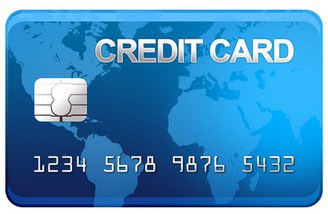According to a story at USA Today, soon the form of payment you use could also influence the price you pay for your purchase.
Last week, the Department of Justice and seven states filed a lawsuit that charged Visa, MasterCard and American Express with engaging in anti-competitive practices. At issue are rules that prohibit retailers from offering consumers discounts or rewards for using less-expensive forms of payment. Visa and MasterCard agreed to a proposed settlement that resolves Justice’s concerns. American Express declined to settle, arguing that the proposed remedy would give its competitors an unfair advantage.
The lawsuit shines a spotlight on the murky business of “interchange fees” – fees retailers pay the credit card companies and financial institutions that issue the cards. Interchange fees range from 2% to 3% of the price of your purchase. The fees cover processing, fraud protection and other expenses.
How the settlement could affect you:
– Discounts for using cash. Some retailers already offer discounts for paying cash, but credit card network rules made it difficult to promote them, Duncan says. “If you were very careful, you could find a way to offer a discount, but it was too cumbersome for most merchants,” he says.
– Discounts for using debit cards. Retailers also pay an interchange fee when customers use debit cards, but they’re typically 1% to 2% of the purchase price, making them less costly than credit cards, Duncan says.
Photo by PSDGraphics.
